Organisers
We are excited about the organisation committee of this workshop with expertise in diverse fields. Together, the organizers have a history in a variety of topics including human-robot interaction, natural language processing, conversational user interfaces, dark patterns, multi-modal communication, as well as pervasive and persuasive technologies. Below, we are happy to introduce each co-organizator individually.
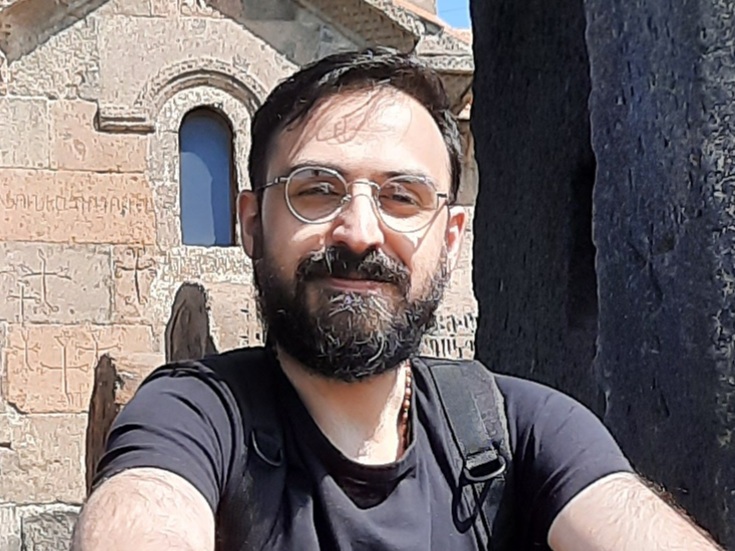
Vino Avanesi is a Ph.D. student in the Digital Media Lab at the University of Bremen, where he does research on malicious patterns in conversational agents from an ethical and political economic perspective.
Johanna Rockstroh is a Ph.D. Student in the Digital Media Lab at the University of Bremen, where she does research on how to increase a chatbot’s empathy by using sentiment analysis and knowledge graphs.
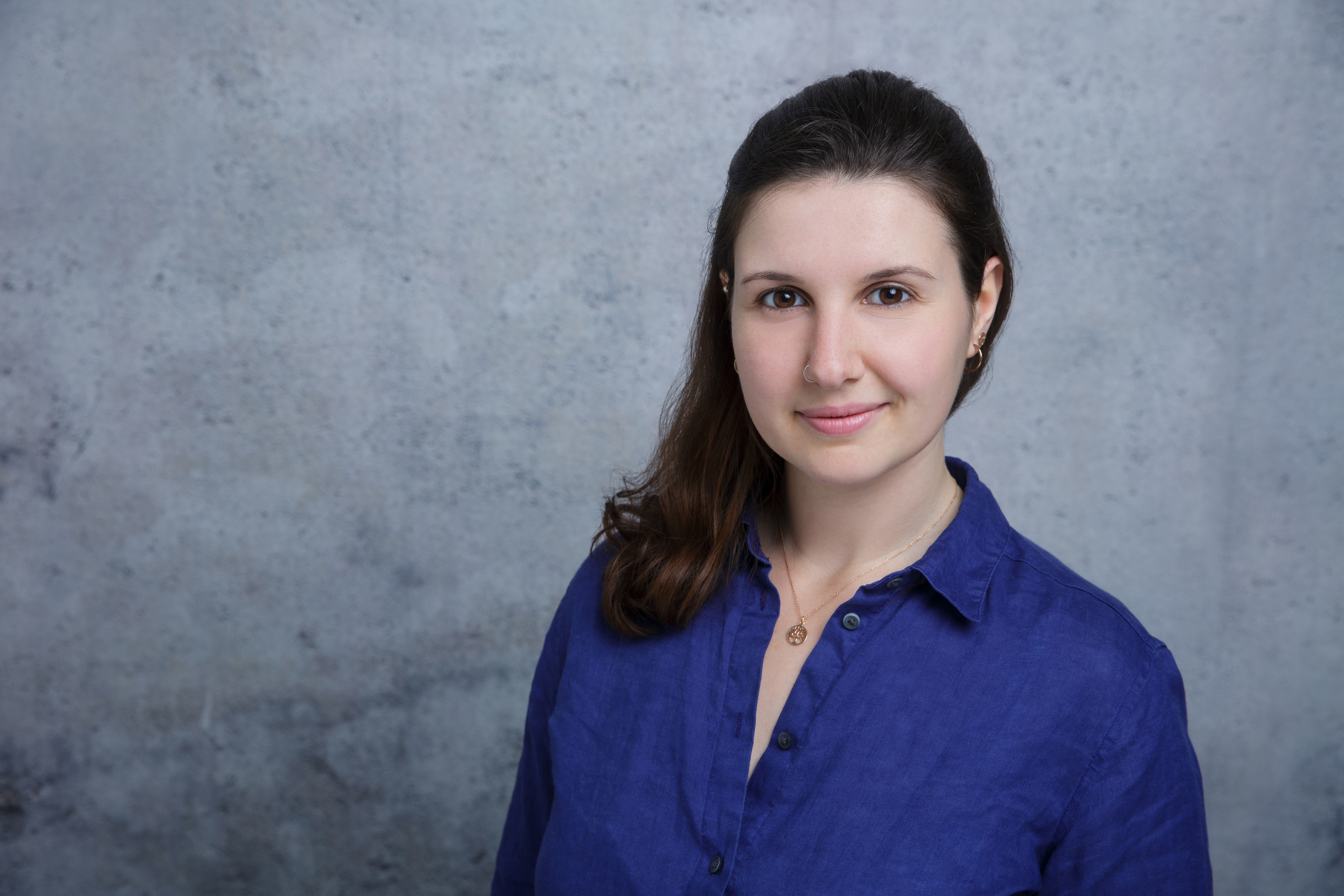
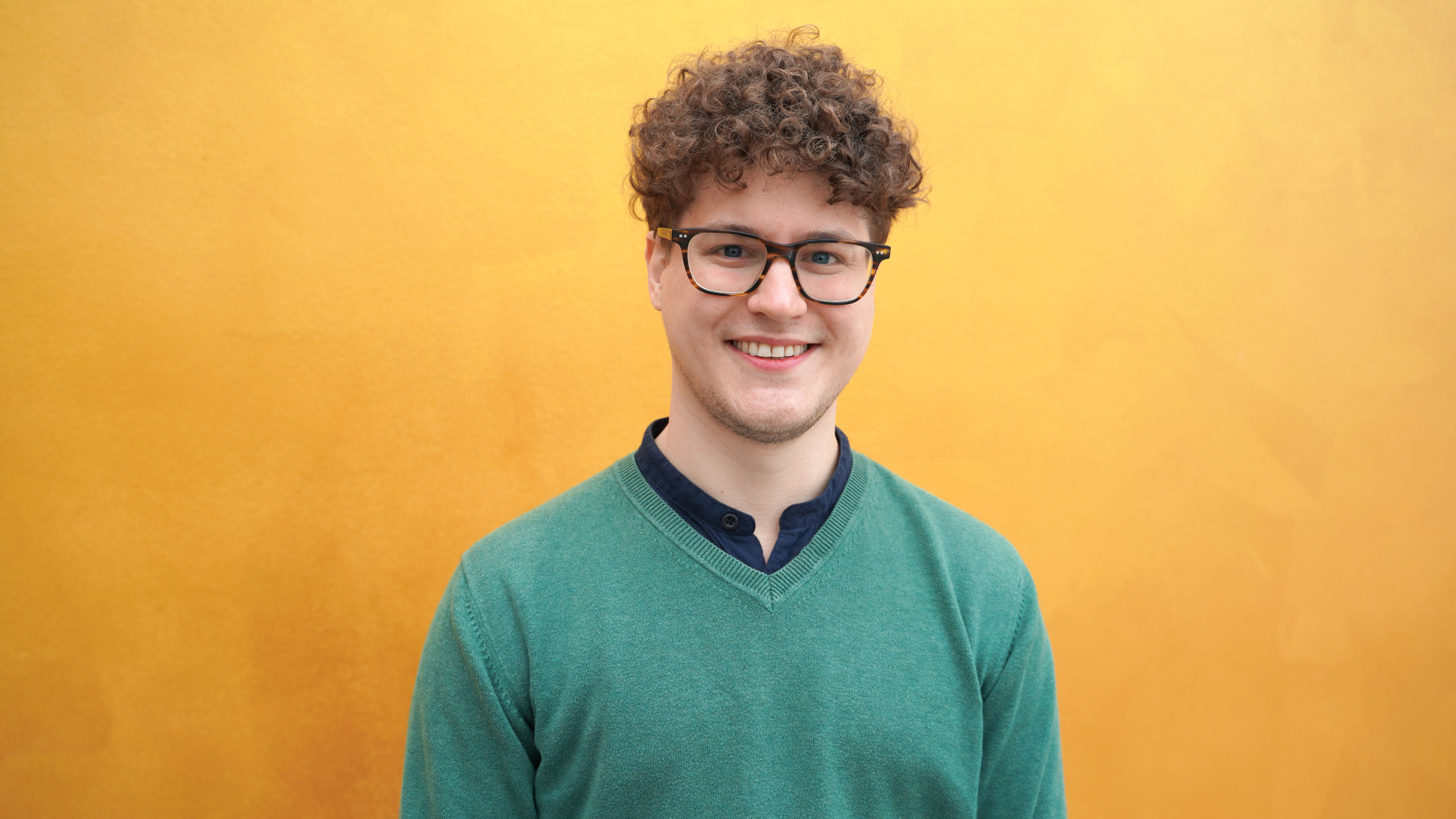
Thomas Mildner is a Ph.D. student at the Digital Media Lab at the University of Bremen. His research focuses on ethical design and developing technologies to support autonomous decision-making. His work thereby considers social media platforms but also ubiquitous technologies including CUIs.
Nima Zargham is a Ph.D. student in the Digital Media Lab at the University of Bremen. His research focuses on human-centred approaches for designing desirable speech-based systems.

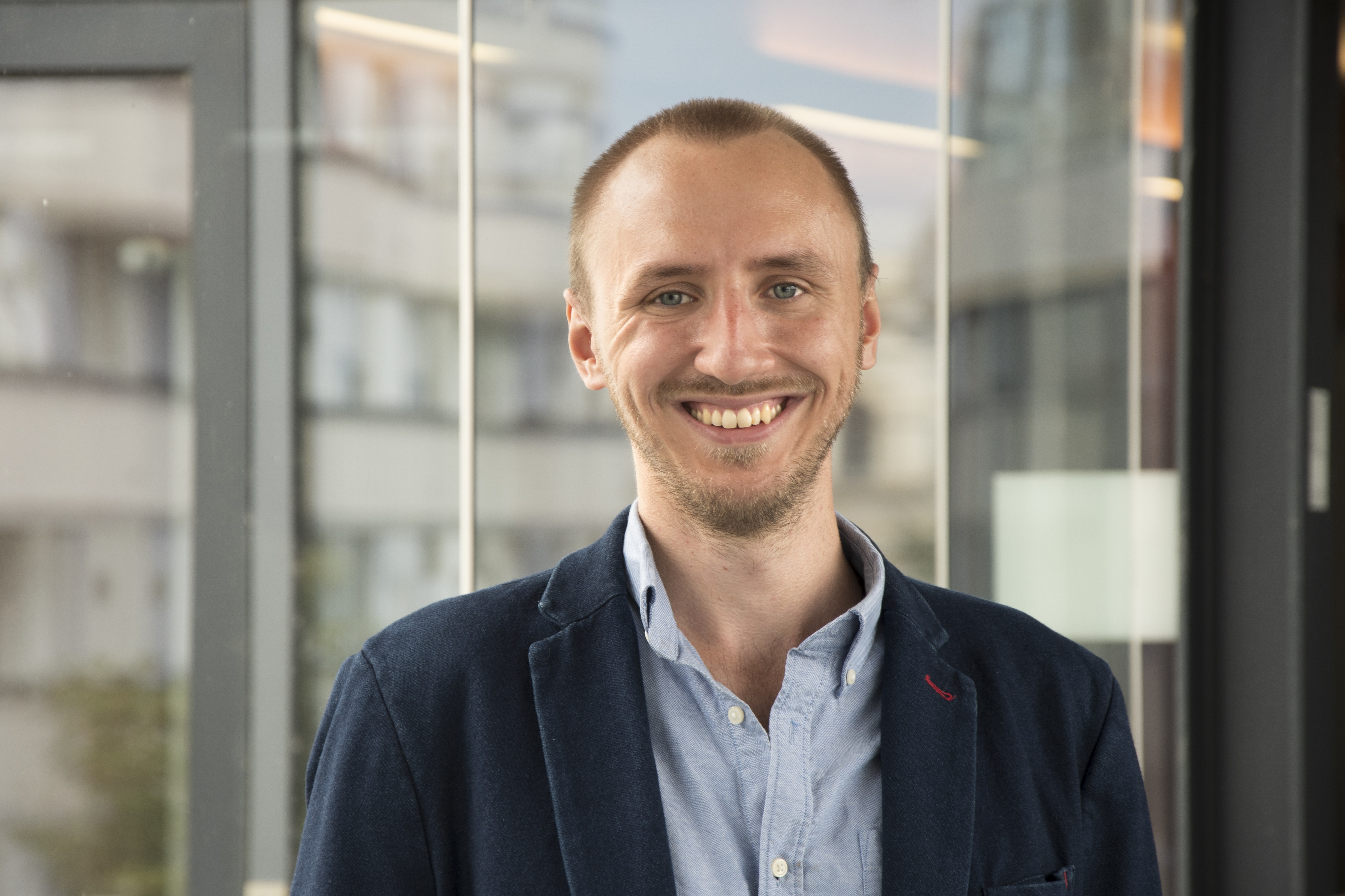
Maximilian A. Friehs is an Assistant Professor at the University of Twente, Netherlands. His research focuses on manipulating human performance, cognition and experiences. This also includes investigating interactions between humans or human-virtual agent interactions under different constraints in order to elicit specific experiences or behaviours
Leon Reicherts is a Ph.D. student at the UCL Interaction Centre. His research is focused on how conversational interactions can augment users’ thought processes. The interfaces he designs aim to achieve this by prompting users to explore alternative possibilities, perspectives, and approaches for the cognitive task at hand.


Dimosthenis Kontogiorgos is a postdoctoral researcher at the Humboldt University of Berlin and is interested in how conversational agents’ embodiment and non-verbal behaviours affect the process of establishing, maintaining and repairing common ground.
Nina Wenig is a postdoctoral researcher in the Digital Media Lab at the University of Bremen and works on applying artificial intelligence in new user interfaces. Her research focus is on automatic and manual image annotation, chatbots and natural language understanding.
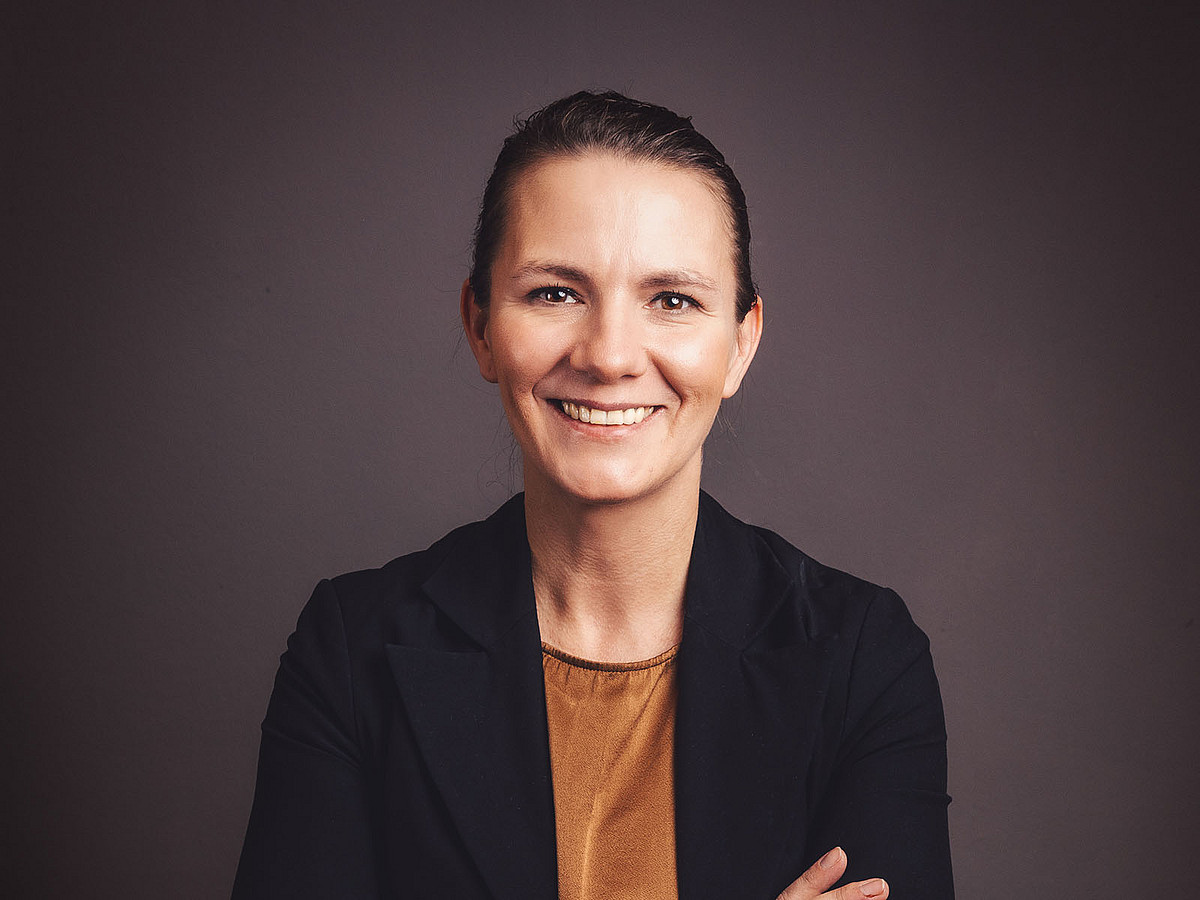
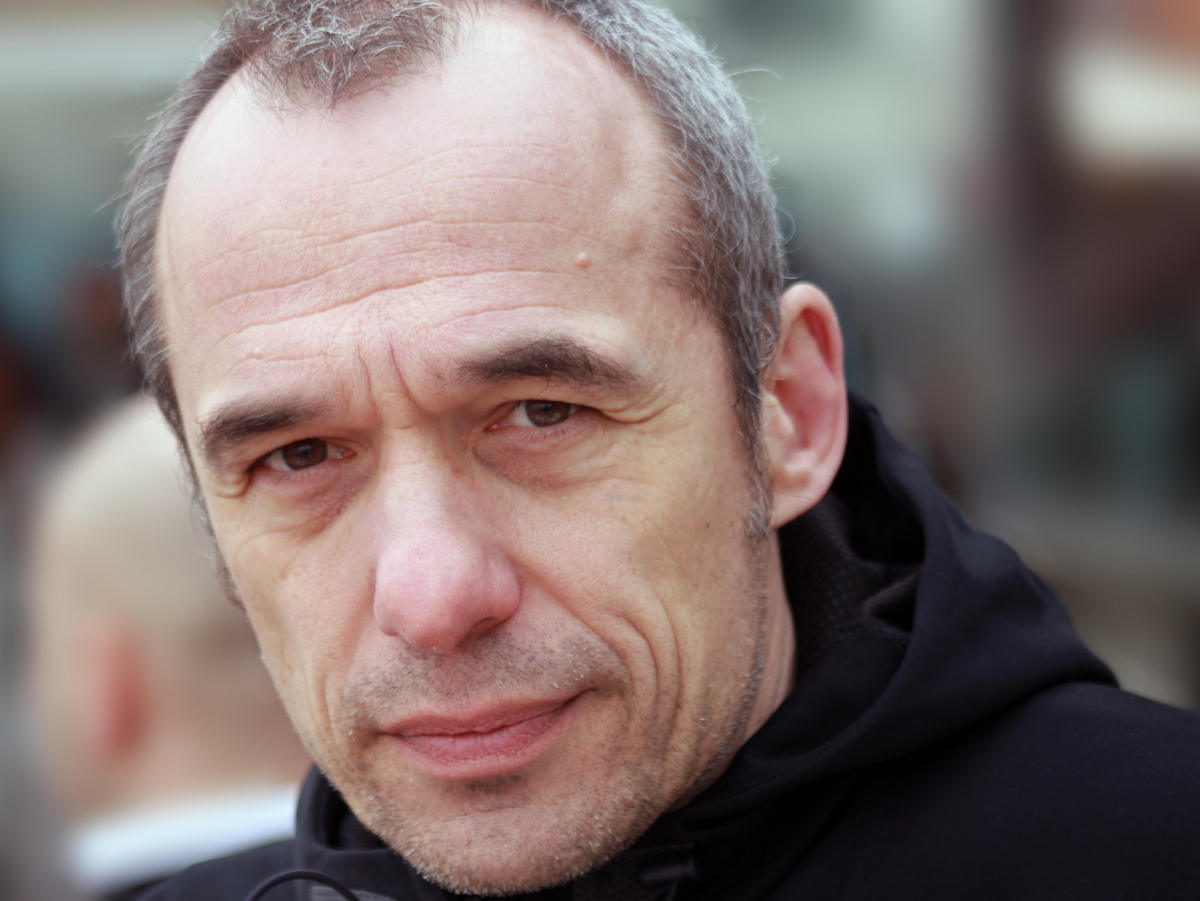
Rainer Malaka is professor for Digital Media at the University of Bremen. He is managing director of the Center for Computing Technologies (Technologiezentrums Informatik und Informationstechnik, TZI) and director of the PhD program Empowering Digital Media, funded by the Klaus Tschira Foundation. His research focus is on multi-modal interaction, language understanding, entertainment computing, and artificial intelligence.